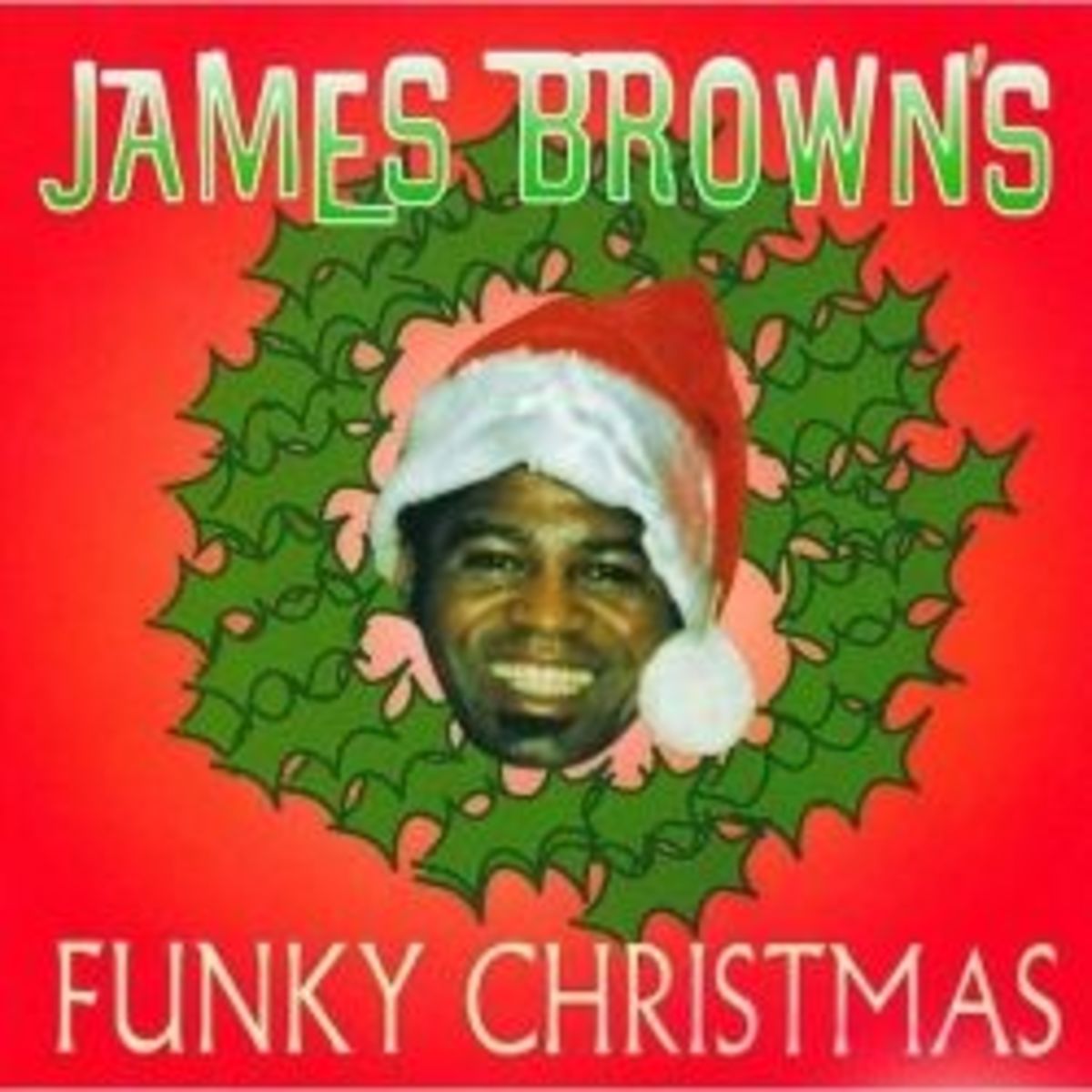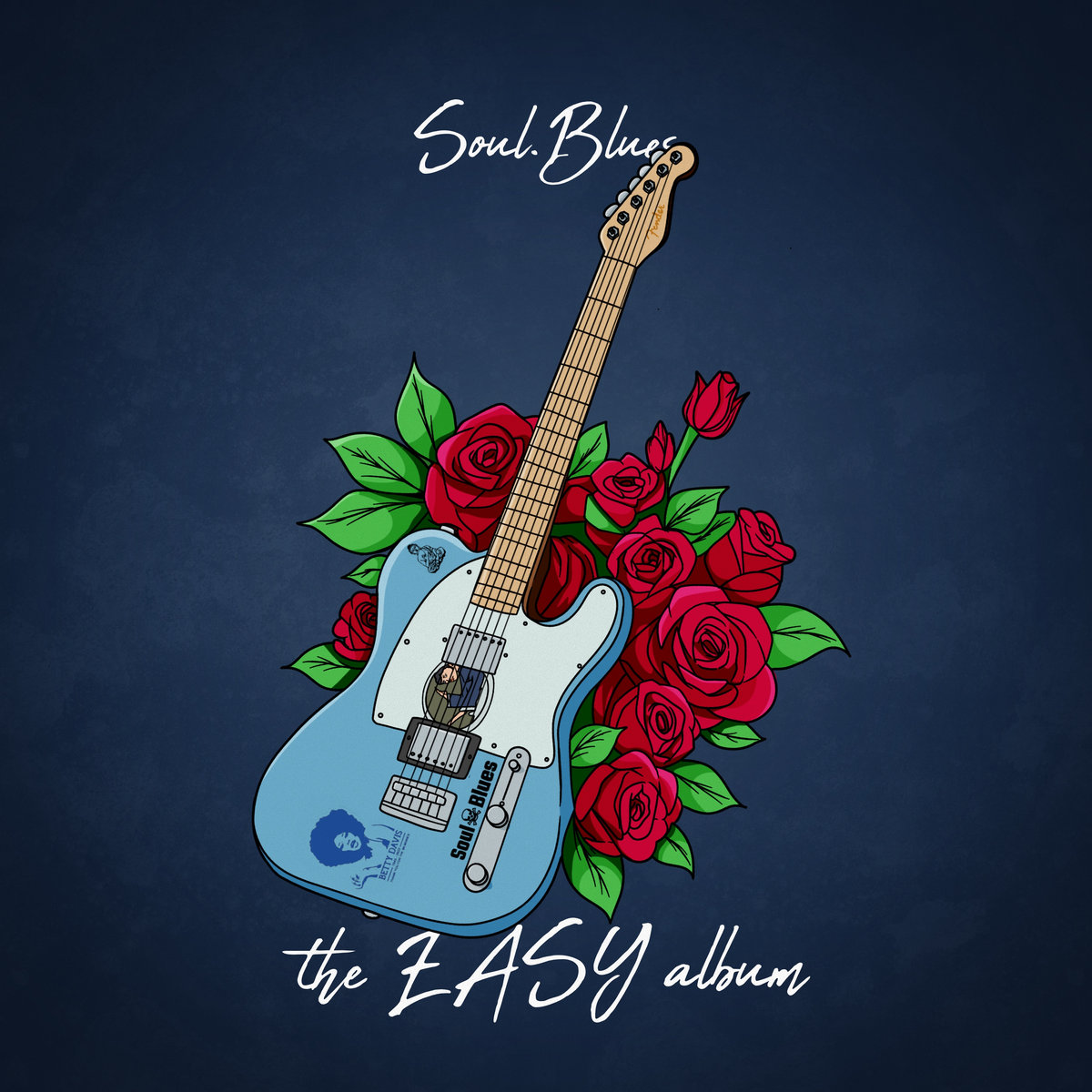Soul blues songs have captivated audiences for decades, blending the raw emotional depth of blues with the expressive power of soul music. This genre, born from the rich musical traditions of African American communities, has become a cornerstone of modern music. As the world continues to embrace diverse sounds and stories, the enduring appeal of soul blues songs lies in their ability to evoke deep emotions and connect listeners across cultures. In this article, we will explore the history, key artists, and cultural significance of this timeless genre, offering insights that resonate with both casual listeners and dedicated music enthusiasts.
From the soulful melodies of legends like Aretha Franklin to the gritty, heartfelt performances of lesser-known artists, soul blues songs have a unique way of telling stories that linger long after the music fades. These tracks often explore themes of love, heartbreak, resilience, and hope, making them relatable to listeners from all walks of life. As we delve deeper into the world of soul blues, you'll discover how this genre continues to inspire new generations of musicians and fans alike.
This article aims to provide a comprehensive guide to soul blues songs, exploring their origins, evolution, and enduring legacy. Whether you're a lifelong fan or just discovering the beauty of this genre, you'll find valuable insights and recommendations to enrich your musical journey. Let's embark on this exploration together, uncovering the stories behind the songs and the artists who brought them to life.
Read also:Understanding The Missouri Department Of Revenue A Comprehensive Guide
What Defines a Soul Blues Song?
At its core, a soul blues song is a fusion of two distinct yet complementary genres. Blues, with its roots in African American spirituals and work songs, emphasizes raw emotion and storytelling. Soul music, which emerged in the 1950s and 1960s, adds a gospel-inspired fervor and a focus on vocal expression. Together, these elements create a sound that is both deeply personal and universally resonant. Key characteristics of soul blues songs include powerful vocals, intricate guitar riffs, and lyrics that often tackle complex emotions and social issues.
How Did Soul Blues Songs Evolve Over Time?
The evolution of soul blues songs is a fascinating journey through musical innovation and cultural change. In the early days, artists like Ray Charles and Sam Cooke paved the way by blending gospel-inspired vocals with blues instrumentation. As the genre gained popularity, it attracted a diverse array of talents, including Etta James, Otis Redding, and Wilson Pickett. Each artist brought their unique voice and perspective, expanding the boundaries of what soul blues could achieve. Today, the genre continues to evolve, influenced by contemporary artists who draw inspiration from its rich heritage.
Why Are Soul Blues Songs So Emotional?
The emotional depth of soul blues songs stems from their ability to convey genuine human experiences. Whether it's the heart-wrenching lyrics of a breakup ballad or the triumphant celebration of overcoming adversity, these tracks resonate with listeners on a profound level. The combination of soulful vocals, evocative instrumentation, and heartfelt lyrics creates an immersive experience that transports listeners to another time and place. This emotional authenticity is one of the reasons why soul blues songs remain so popular today.
Who Are the Key Artists in the Soul Blues Genre?
When discussing soul blues songs, it's impossible to ignore the legendary artists who defined the genre. From Aretha Franklin, the "Queen of Soul," to B.B. King, the "King of the Blues," these musicians left an indelible mark on the world of music. Their contributions not only elevated soul blues songs to new heights but also helped shape the broader landscape of popular music. Below are some of the most influential artists in the soul blues genre:
- Aretha Franklin
- B.B. King
- Etta James
- Otis Redding
- Wilson Pickett
What Makes Soul Blues Songs Unique Compared to Other Genres?
One of the defining features of soul blues songs is their emphasis on authenticity and emotion. Unlike other genres that may prioritize production value or commercial appeal, soul blues songs prioritize the raw, unfiltered expression of the artist. This commitment to authenticity is what sets them apart and allows them to connect with listeners on a deeper level. Additionally, soul blues songs often incorporate elements of improvisation, allowing artists to explore new musical ideas and push creative boundaries.
How Have Soul Blues Songs Influenced Modern Music?
The influence of soul blues songs can be seen in a wide range of contemporary genres, from rock and pop to hip-hop and R&B. Artists like Adele, Amy Winehouse, and Bruno Mars have cited soul blues as a major influence on their work, drawing inspiration from its emotional depth and vocal techniques. By incorporating elements of soul blues into their music, these artists have helped keep the genre alive and relevant in today's music scene.
Read also:Exploring Teddy Swims Musical Journey The Untold Story
Biography: The Life and Legacy of Aretha Franklin
| Full Name | Aretha Louise Franklin |
|---|---|
| Date of Birth | March 25, 1942 |
| Place of Birth | Memphis, Tennessee, USA |
| Occupation | Singer, Songwriter, Pianist |
| Years Active | 1956–2018 |
Aretha Franklin, often referred to as the "Queen of Soul," was a pioneering figure in the world of soul blues songs. Her powerful voice and commanding stage presence made her one of the most celebrated artists of the 20th century. Franklin's career spanned over six decades, during which she released numerous hit songs and albums that defined the soul blues genre. Her influence extended beyond music, as she became a symbol of empowerment and civil rights activism.
Can Soul Blues Songs Still Resonate with Modern Audiences?
Absolutely. Despite being rooted in a specific time and place, soul blues songs continue to resonate with modern audiences due to their timeless themes and universal appeal. The emotional honesty and authenticity of these tracks ensure that they remain relevant, regardless of changing musical trends. Moreover, the genre's ability to adapt and incorporate new influences keeps it fresh and engaging for new generations of listeners.
What Are Some Must-Listen Soul Blues Songs?
If you're new to the world of soul blues songs, there are several tracks you won't want to miss. These classics showcase the best of the genre, offering a glimpse into its rich history and diverse range of sounds:
- "Respect" by Aretha Franklin
- "Chain of Fools" by Aretha Franklin
- "Soul Man" by Sam & Dave
- "Try a Little Tenderness" by Otis Redding
- "I'd Rather Go Blind" by Etta James
Where Can You Discover More Soul Blues Songs?
For those eager to explore the world of soul blues songs, there are numerous resources available. Streaming platforms like Spotify and Apple Music offer curated playlists that highlight the best tracks from this genre. Additionally, vinyl collectors can find rare and classic soul blues albums at specialty record stores. Engaging with online communities and forums dedicated to soul music can also provide valuable insights and recommendations.
Why Should You Add Soul Blues Songs to Your Playlist?
Soul blues songs offer a unique listening experience that combines emotional depth with musical sophistication. By adding these tracks to your playlist, you'll not only enrich your musical repertoire but also gain a deeper understanding of the cultural and historical contexts that shaped them. Whether you're looking for background music or a soundtrack for introspection, soul blues songs have something to offer everyone.
Conclusion: The Enduring Legacy of Soul Blues Songs
In conclusion, soul blues songs represent a vital chapter in the history of music, blending the raw emotion of blues with the expressive power of soul. Through the contributions of legendary artists and the enduring appeal of their music, this genre continues to inspire and captivate audiences worldwide. As we celebrate the legacy of soul blues songs, we also acknowledge their ability to bridge cultural divides and foster a deeper appreciation for the universal language of music.
How Can You Support the Artists Behind Soul Blues Songs?
Supporting the artists who created soul blues songs is essential to preserving their legacy. By purchasing their music, attending live performances, and sharing their work with others, you help ensure that their contributions are recognized and celebrated. Additionally, advocating for the rights of musicians and supporting organizations dedicated to music education can help foster the next generation of soul blues artists.


